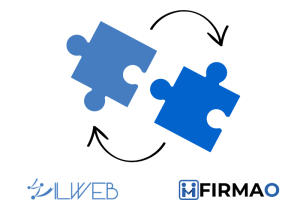
Enterprise Resource Planning (ERP) systems are powerful tools that can help businesses streamline their operations, improve efficiency, and reduce costs. However, implementing an ERP system can be a complex and challenging process, with many potential pitfalls along the way. In this article, we will discuss four valuable lessons for companies implementing an ERP system.
- Thoroughly Evaluate Your Business Processes: Before implementing an ERP system, it is important to thoroughly evaluate your existing business processes to ensure that the ERP system can effectively support your operations. This may involve conducting a detailed analysis of your supply chain, inventory management, financial management, and other key business processes. By understanding your existing processes and identifying areas for improvement, you can ensure that the ERP system is configured to meet your specific needs.
- Get Buy-In from Employees: Implementing an ERP system can be a major change for employees, and it is important to get buy-in from everyone involved in the process. This may involve providing training and support to employees, communicating the benefits of the ERP system, and involving employees in the implementation process. By getting buy-in from employees, you can help to ensure a smoother implementation process and a more successful outcome.
- Set Realistic Expectations: Implementing an ERP system is a complex process, and it is important to set realistic expectations for the timeline, budget, and outcomes of the implementation. This may involve conducting a detailed project plan, identifying potential risks and challenges, and setting realistic milestones and goals. By setting realistic expectations, you can help to avoid disappointment or frustration and ensure that the implementation is successful.
- Continuously Monitor and Improve: Implementing an ERP system is not a one-time event, but an ongoing process of continuous monitoring and improvement. It is important to regularly review your ERP system to identify areas for improvement, such as streamlining processes, optimizing inventory levels, or improving supply chain management. By continuously monitoring and improving your ERP system, you can ensure that it continues to provide value and support your business goals over the long term.
In conclusion, implementing an ERP system can be a complex and challenging process, but by following these valuable lessons, companies can increase the chances of a successful outcome. By thoroughly evaluating business processes, getting buy-in from employees, setting realistic expectations, and continuously monitoring and improving, companies can ensure that their ERP system is configured to meet their specific needs and provides long-term value.




